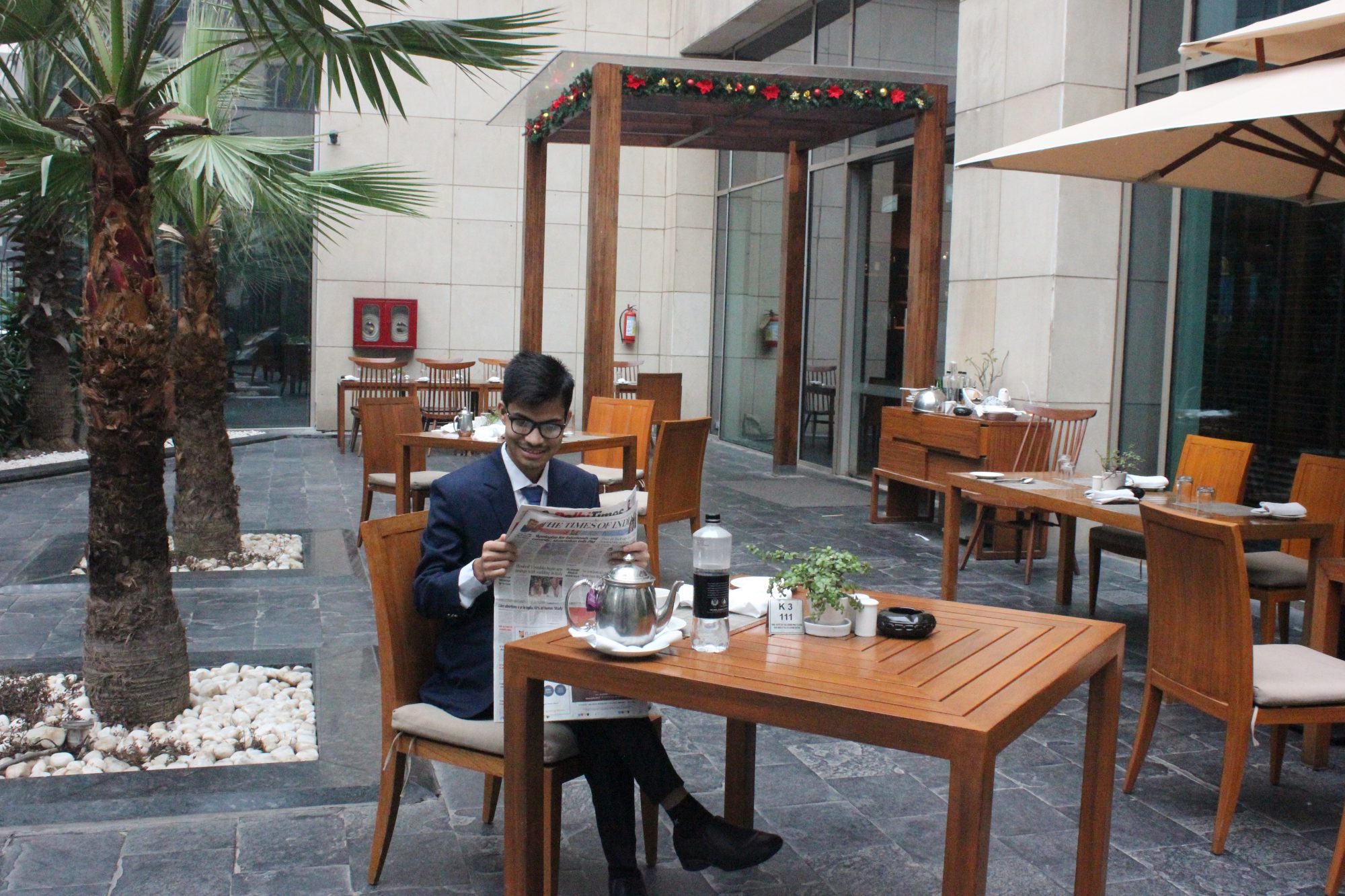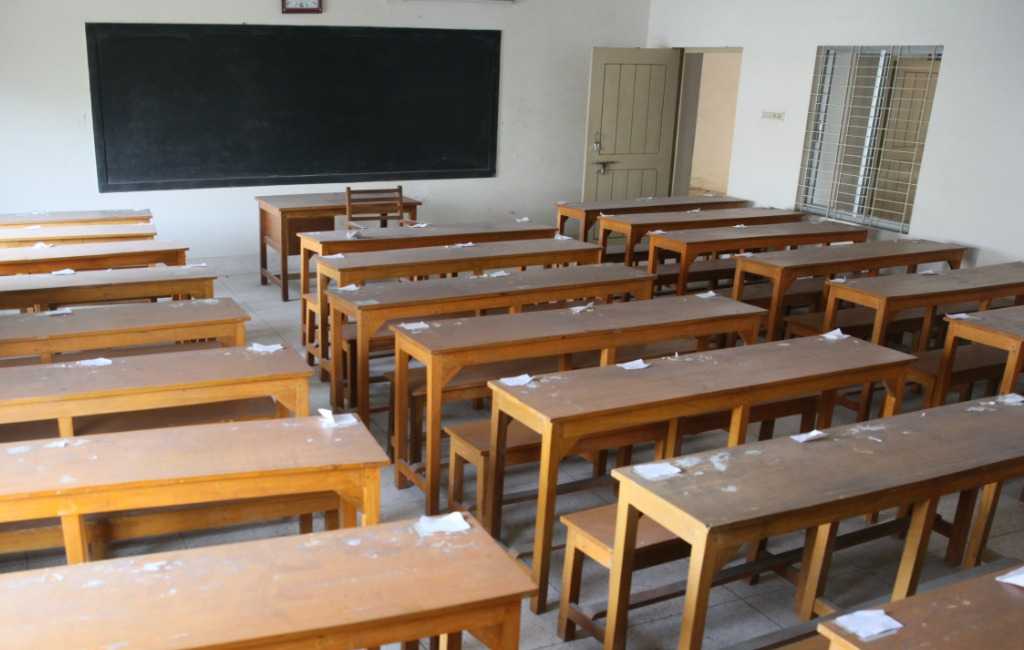Could hybrid classrooms solve some of the problems in our education sector?
What really makes a good student different from an average one? A good student doesn’t limit themselves to preparing just for the examination.
They discuss and then critically analyze the question paper after the examination to explore their own limitations. Afterwards, they focus on working on their weaknesses so that they can move ahead in the race.
The entire world is currently going through a large-scale trial in education, and many underlying problems have surfaced. Some countries have taken appropriate measures to get a grip on the situation while others are still struggling.
Nothing but the vaccine can save them. However, the priority should be to analyze the situation and work through the flaws. This will perhaps eventually put them in a better position to tackle any upcoming issues.
The pandemic has pushed the world many years ahead. Even a few months ago, working from home or online classes were considered elements of a far-fetched future.
Then, suddenly, the pandemic pushed the entire world to adapt almost overnight. It is definitely tough to go out of one’s comfort zone in such short notice, but it was necessary to do so.
In Bangladesh, inadequately qualified and disinterested teachers, lack of classrooms, apathetic researchers have afflicted universities. Teachers have to take care of oversized classes with almost no time to prepare themselves, and consequently, deliver sub-par lectures in class.
In a country where even taking a single breath of fresh air can be a luxury for some, how can one think of research?
No one can deny the differences between physical and online classes. But it might be better to think of something in between, perhaps a hybrid classroom.
Universities can introduce their own e-learning platforms. Courses, which are theory-focused and require less interaction, can be the first to start.
Universities can even bring in teachers or professionals from other universities or institutions to teach a course.
This might eliminate many of the shortcomings; for example, it can lessen the burden on teachers, allowing them to devote a portion of their time to research.
However, this is easier said than done. Whether most teachers have genuine interest in research remains an unanswered question. Furthermore, the lack of an appropriate environment and ample budget for research becomes a major hindrance.
At times, the online class, which may be recorded, can expose unsavoury situations, leading to consequences as dire as suspension or even death threats.
The world is changing faster than ever before. Challenging situations like the pandemic are expediting the process.
Only the fittest will survive and cope with the rapidly changing world; hybrid classrooms in education could be an answer worth considering if we wish to be fit for the future.
Yusuf Munna is an undergraduate student at Khulna University and a Development Economics enthusiast. Please address the correspondence to yusuf@reflectiveteens.com.

